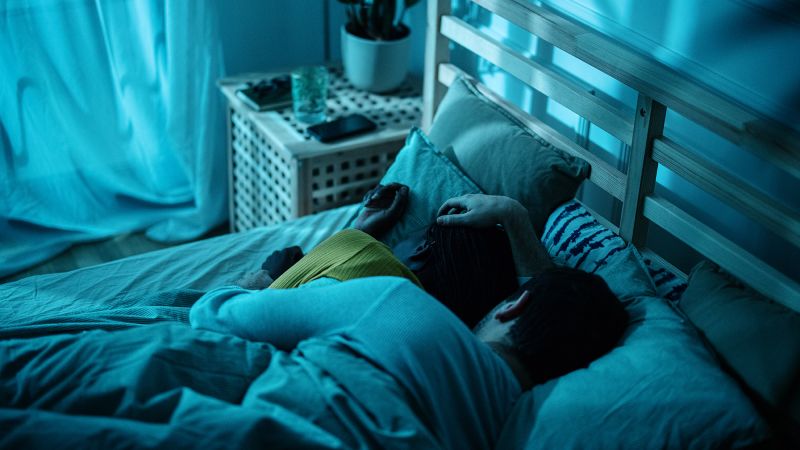Sex Just Isn’t the Same Anymore? Blame Poor Sleep Habits
Sexual desire can wax and wane, and when it does, couples often wonder what’s going wrong. It’s easy to point to overwork, young children, or relationship issues, but Dr. Phyllis Zee, chief of sleep medicine at Northwestern University’s Feinberg School of Medicine, says it’s time to look at sleep habits instead.
Poor quality sleep is linked to inadequate levels of sex hormones, including testosterone, which plays a crucial role in both men and women’s libidos. As people age, sleep becomes more crucial, yet many women sleep fewer than seven to eight hours a night, and men’s testosterone levels plummet.
A 2017 Menopause Society study found that women over 50 who slept fewer than seven to eight hours were less likely to report being sexually active, and a 2021 analysis of studies found that men who were sleep-deprived had lower testosterone levels, while another study discovered that men with disrupted sleep had both lower testosterone levels and higher amounts of cortisol, the stress hormone.
When sleep becomes a priority, sex lives can improve. A 2015 study found that each additional hour of sleep was correlated with an improved libido, greater vaginal lubrication, and a 14% increase in having sex the next day.
Experts recommend prioritizing sleep by establishing a relaxing pre-sleep routine, avoiding blue light exposure, and maintaining a cool, dark bedroom. Ian Kerner, a licensed couples therapist, suggests focusing on sexual desire as a dimmer that needs to be “simmered and then turned up” rather than a light switch.
Just as one wouldn’t roll out of bed without showering or brushing their teeth, experts advise preparing the body and bedroom for sleep by keeping the room cool and dark, avoiding heavy meals before bedtime, and relaxing with soothing music, yoga, or meditation.
Sex is not only good for sleep but also fosters a sense of relaxation, which can help with sleep. Kerner notes that couples who go to bed and get up together report greater sexual satisfaction and better sleep quality.
Sleep disorders, such as sleep apnea, insomnia, and circadian rhythm disorders, can also impact sexual function. Obstructive sleep apnea, in particular, is linked to erectile dysfunction in men and sexual disorders in women.
To improve sleep and sex, couples should prioritize planning and preparation. “Good sex, just like good sleep, needs to be planned,” Kerner says. He suggests setting “willingness windows” for sexual intimacy, even if it’s just 15 minutes of kissing or play.
By recognizing the importance of sleep and planning for it, couples can revitalize their libidos and improve their overall well-being.

